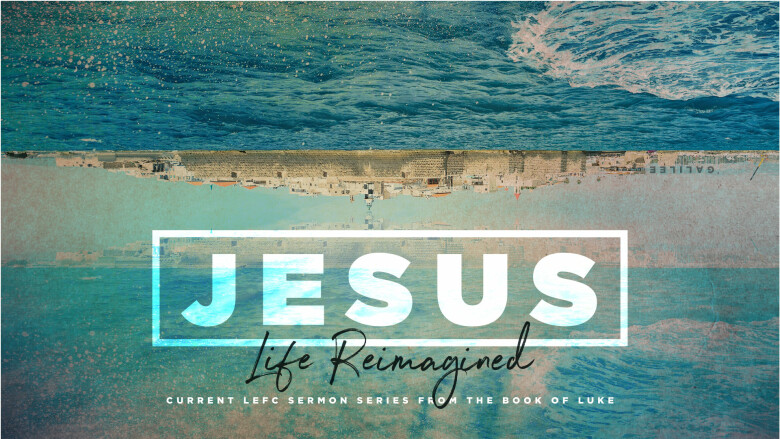Risky Comparisons
- Why do good things happen to both the wicked and righteous?
- Why does tragedy and trouble come to both the wicked and the righteous?
- Is it not strange that birth and death are each person’s beginning and end?
- “Meaningless!” to make sense out of it.
Martyrs or sinners? Luke 13:1-3a
o Context: Caesars image had been erected in Jerusalem and was received offensively as it desecrated the holy mount. So, the tension between Jewish worshipers and Pilate was intense. BEC
o These Galileans came to Jerusalem to offer sacrifices at a time of great tension.
o They were killed by the Roman soldiers at the command of Pilate and their blood being mixed with their sacrifices was highly offensive and required a great cleansing of the area.
o Do you presume that God rejected their sacrifices because they were evil in their approach and sinful in their lives? Or, were they martyrs and the victims of a great tragedy?
o Galileans were “susceptible to revolt” and despised by the Jews of Jerusalem as being unruly, uneducated, and lower-class citizens. This certainly would cloud the assessment of the religious leaders. EBC
Risky comparisons.
- Cultural bias clouds judgment.
- Theological misunderstanding misguides.
- Suffering and tragedy can come to anyone regardless of spiritual standing.“We cannot judge man’s sins by their sufferings in this world.” Matthew Henry
- We cannot possibly know the motives or condition of one’s heart.
- Jesus challenged their judgment by asking a rhetorical question. “Were these Galileans more sinful than other Galileans because of the horrific manner by which they suffered?” (2) He answers it emphatically “NO!” (3)
- To judge the souls of those who suffer due to a tragedy is to elevate oneself.
Tragedy happens. Luke 13:3-5
Tragedy of Siloam Tower: Likely a tower built to protect the water that was essential to the people of Jerusalem. HBD Those who died were likely in that tower simply doing their job.
o Who’s to blame?
o It must be because they were doing something they shouldn’t.
o They must have been great sinners!
Modern examples of such judgments:
o 9-11-2001—Gays, ACLU, Abortionists, must bear some of the responsibility for this.
o Hurricane Katrina 2005- punishment for our country's sins.
o Earthquake in Haiti 2010 - made a pact with the devil.
Proper judgement of tragedy. Luke 13:3b, 5b
- Evaluate your life for life is fragile and finite.
- Repent- the changing of the mind that ultimately changes your direction of life to God.
- Repent because death becomes us all. (3b)
- Unless you repent, a final death will become you. (5b)
Turning to a gracious God. Luke 13:6-9
-
God graciously awaits your turning.
-
God is working the soil of your heart to turn.
-
If no fruit, there does come an end, so turn to him now!
Series Information

Life gives us so many unexpected challenges. This series is taking a look at Jesus' life and taking notes for how to live and navigate life as he has best designed!
